Blogs
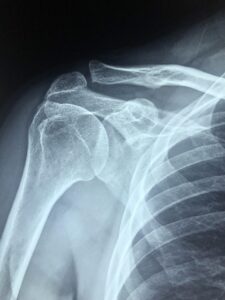
When Do You Really Need a Scan?
It’s easy to assume that an X-ray or MRI is the quickest way to find out what’s causing pain — but that’s not always the case. In many situations, imaging adds little to what a thorough assessment by your physiotherapist can already tell you. Understanding when a scan is helpful and when it isn’t can save time, money, and unnecessary worry.
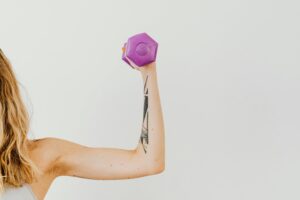
Exercise Prescription for Bone and Muscle Health in Midlife Women
For women in midlife, the changes of perimenopause and menopause can feel daunting. Many notice new aches, slower recovery from exercise, or a frustrating sense of “falling apart.” Behind these changes lies a biological reality: declining estrogen directly impacts muscle mass, bone strength, joint health, and tendon resilience.
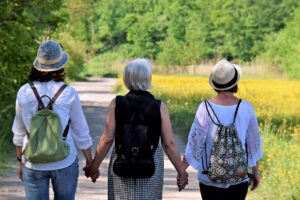
The Musculoskeletal Syndrome of Menopause: Why Physiotherapy Matters
For many women, the midlife years can feel overwhelming. You might notice that you don’t bounce back from exercise or injury like you used to, that little aches and pains linger longer, or that your energy feels lower than it once did. Added to this, many of us have watched
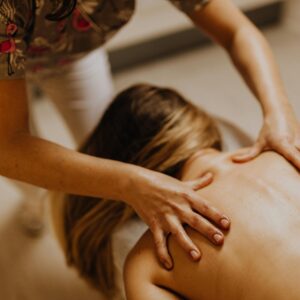
Remedial Massage vs Physiotherapy
Remedial massage works well in conjunction with physiotherapy. While the two treatments are different, they are highly complementary. When comparing remedial massage vs physiotherapy, one is not “better” than the other — they simply address your health in different ways. Below, we’ll explore five common reasons people seek remedial massage,
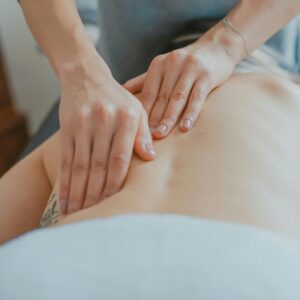
5 Reasons to Book a Remedial Massage
Its more than just relaxation Everyone enjoys a massage—it’s relaxing, relieves stress, and makes our muscles feel like someone has pressed the refresh button. But did you know a remedial massage isn’t just a treat? It’s a targeted treatment that can help with pain, recovery, mobility, and even stress-related health

Understanding Headaches: How Physiotherapy Can Help Manage Neck-Related Pain
Headaches and Physiotherapy: What You Need to Know Headaches are one of the most common health complaints worldwide. While some are mild and short-lived, others can become persistent and impact daily life. The International Headache Society recognises more than 100 subtypes of headaches across 14 categories, which shows just how